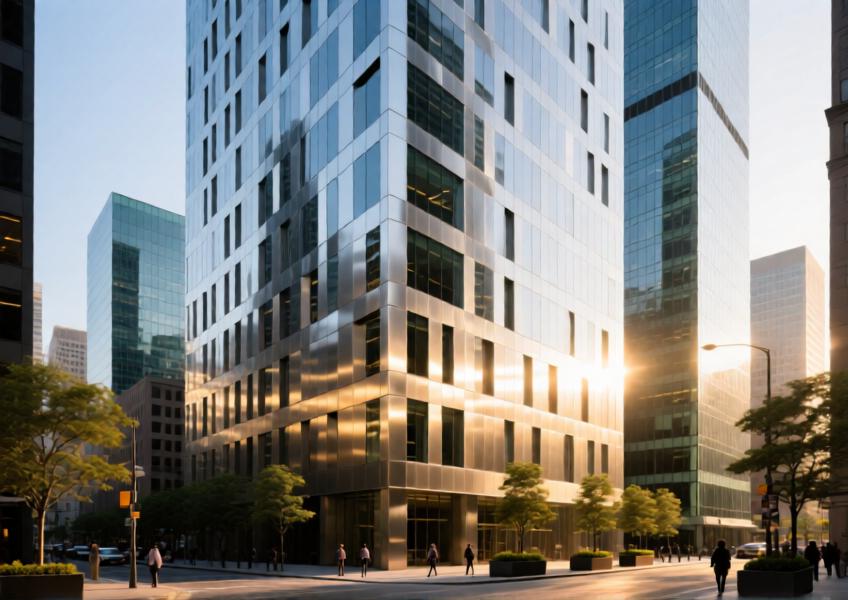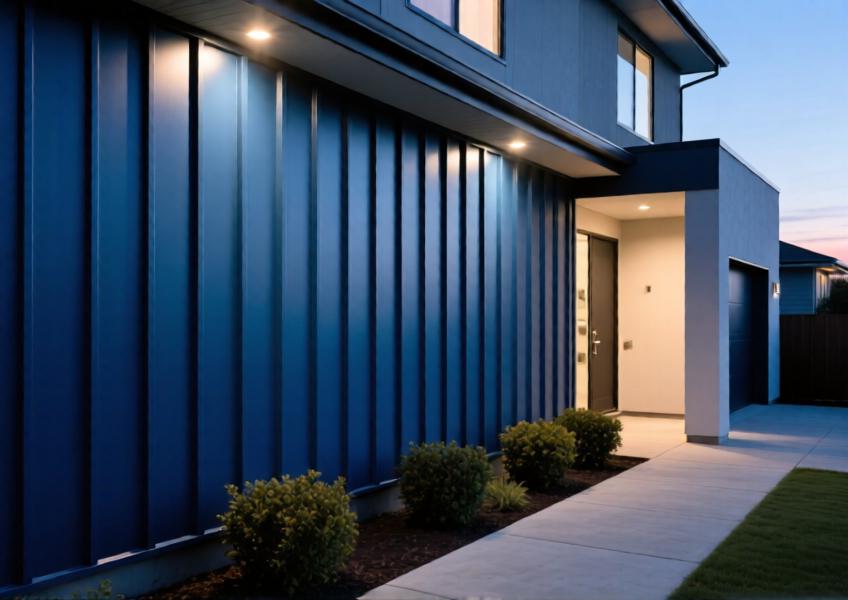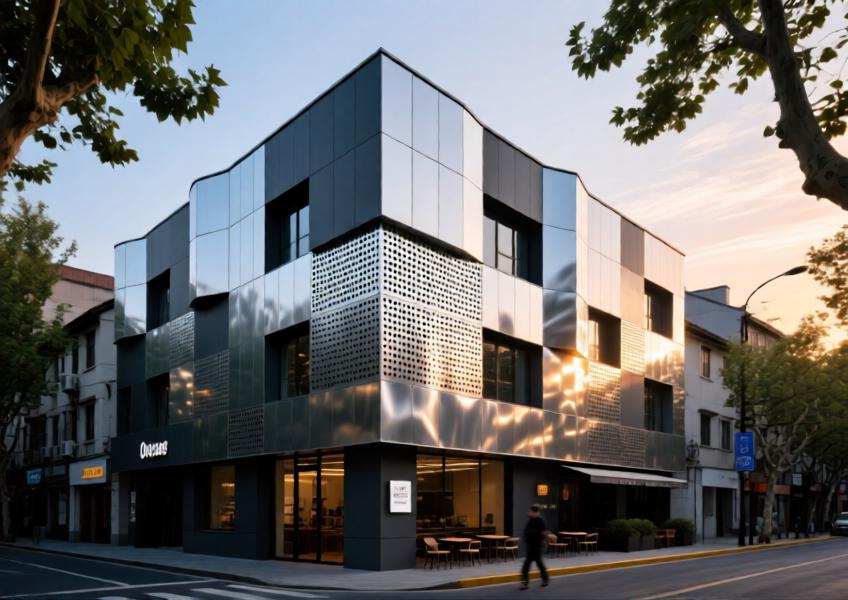

In the evolving landscape of architectural design, the use of aluminum panels for exterior applications has emerged as a defining feature of modern aesthetics. These panels offer a sleek, contemporary look that enhances both commercial and residential buildings, seamlessly blending functionality with visual appeal. As cities grow denser and architectural expectations rise, aluminum panels for exterior use have become a go-to solution for designers aiming to create striking facades that stand the test of time.

One of the most compelling advantages of aluminum panels is their adaptability. Whether it's a high-rise office tower or a boutique residential complex, these panels can be tailored to fit a wide range of design intentions. Their lightweight nature makes them easy to install, while their durability ensures resistance to harsh weather conditions, corrosion, and fading. This makes aluminum panels for exterior use not just a stylistic choice, but a practical one that contributes to the longevity and low maintenance of a building.

A prime example of this material’s transformative potential can be seen in the recent renovation of a mixed-use development in Shanghai. The building’s original concrete facade was replaced with custom-finished aluminum panels, giving it a dynamic, reflective surface that changes with the light throughout the day. The result was a visually engaging structure that not only elevated the streetscape but also increased tenant interest and property value.

Moreover, aluminum panels support sustainable building practices. Many are made from recycled materials and are fully recyclable at the end of their life cycle. Their thermal efficiency can also contribute to improved insulation, reducing energy consumption and aligning with green building certifications such as LEED and BREEAM.
From a design perspective, aluminum panels for exterior use open up a world of creative possibilities. Available in a variety of finishes—including brushed, anodized, and powder-coated—they allow architects to experiment with texture, color, and form. Whether used in large, uninterrupted expanses or in geometric, perforated patterns, these panels help shape buildings that feel both futuristic and grounded in their environment.
As urban environments continue to evolve, the demand for materials that offer both aesthetic flexibility and structural resilience will only grow. Aluminum panels for exterior applications are poised to meet that demand, redefining skylines and setting new standards for modern architectural expression.